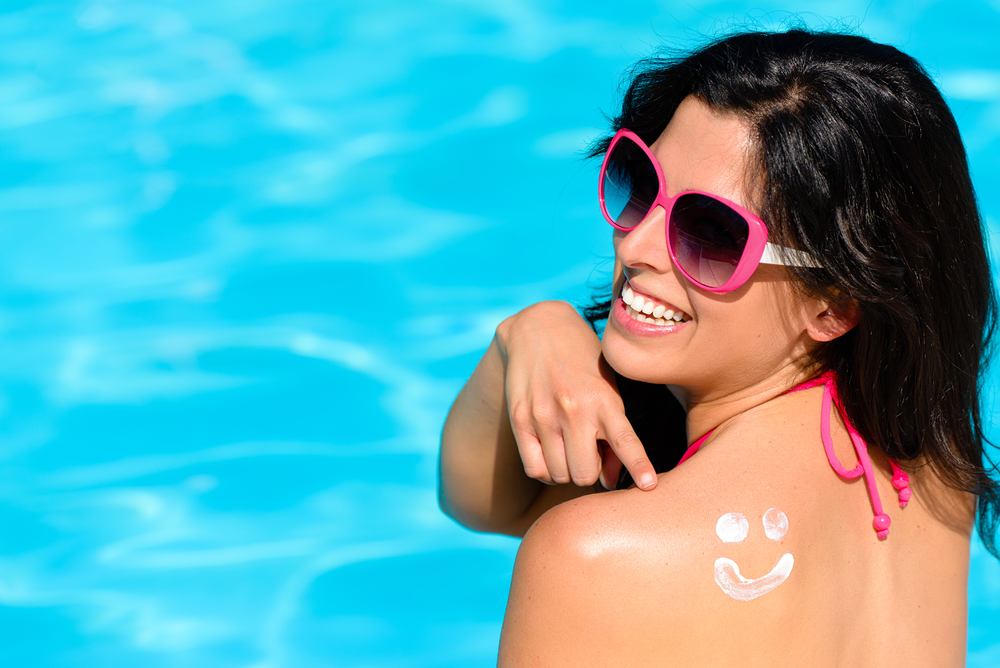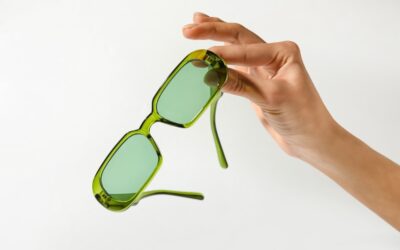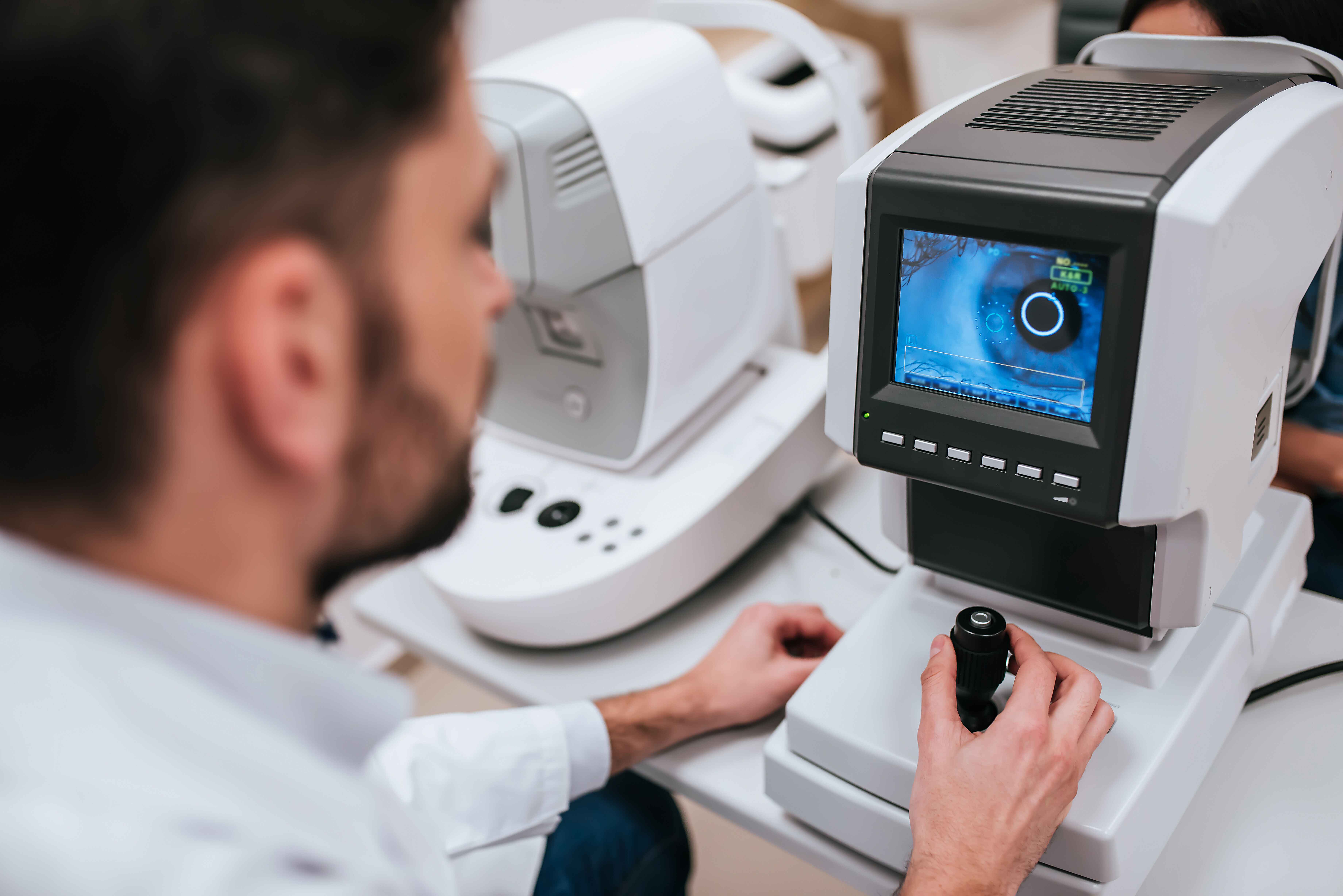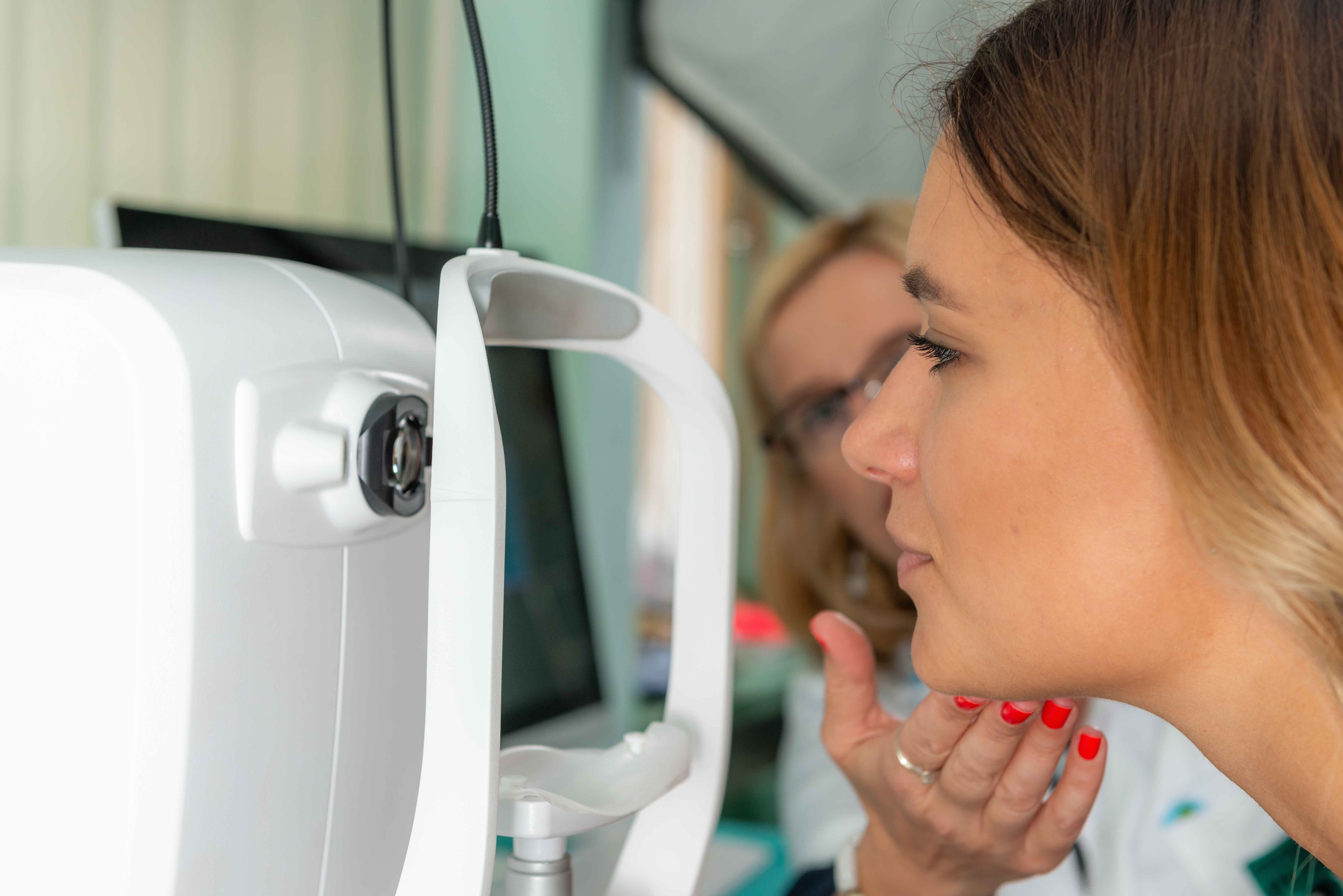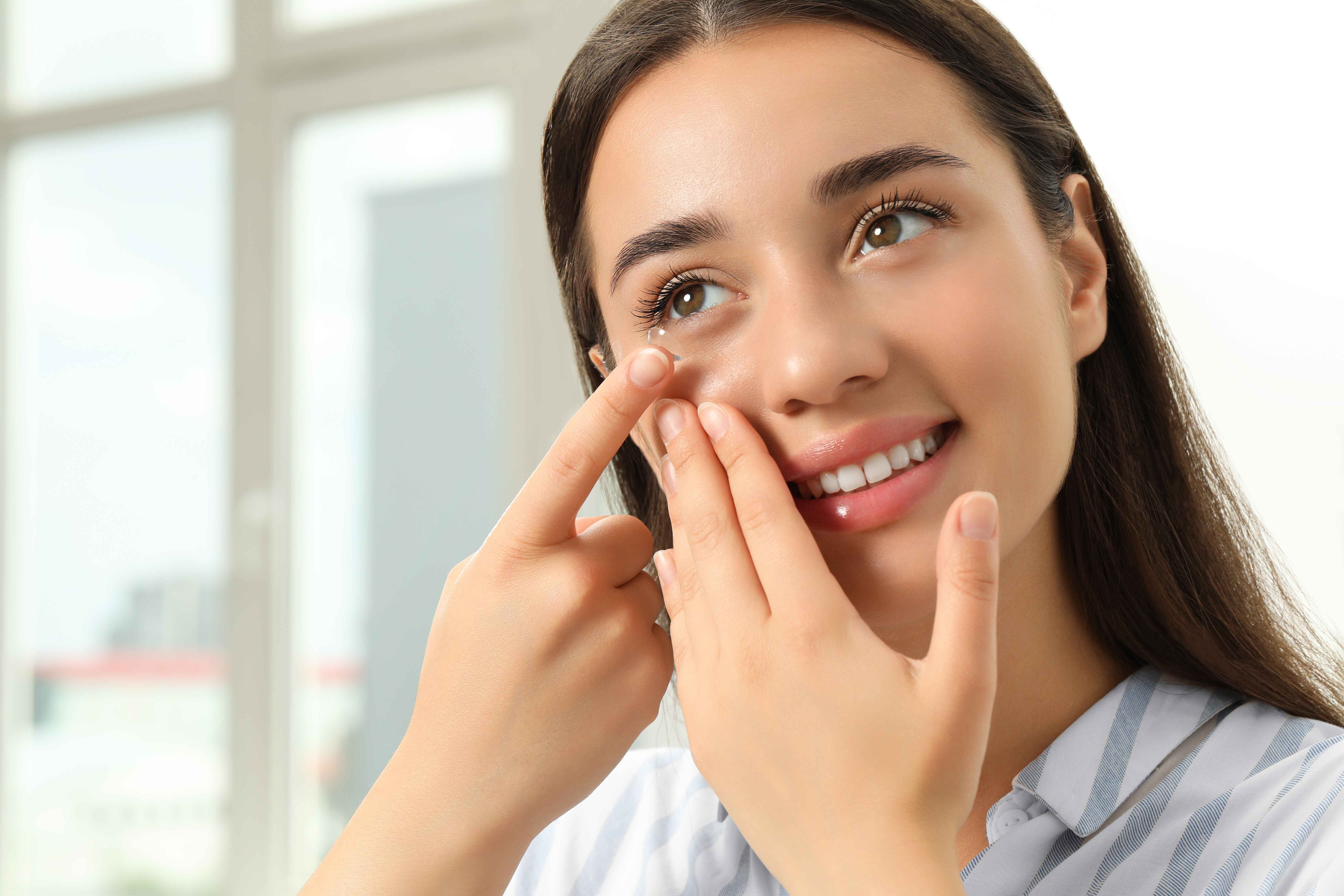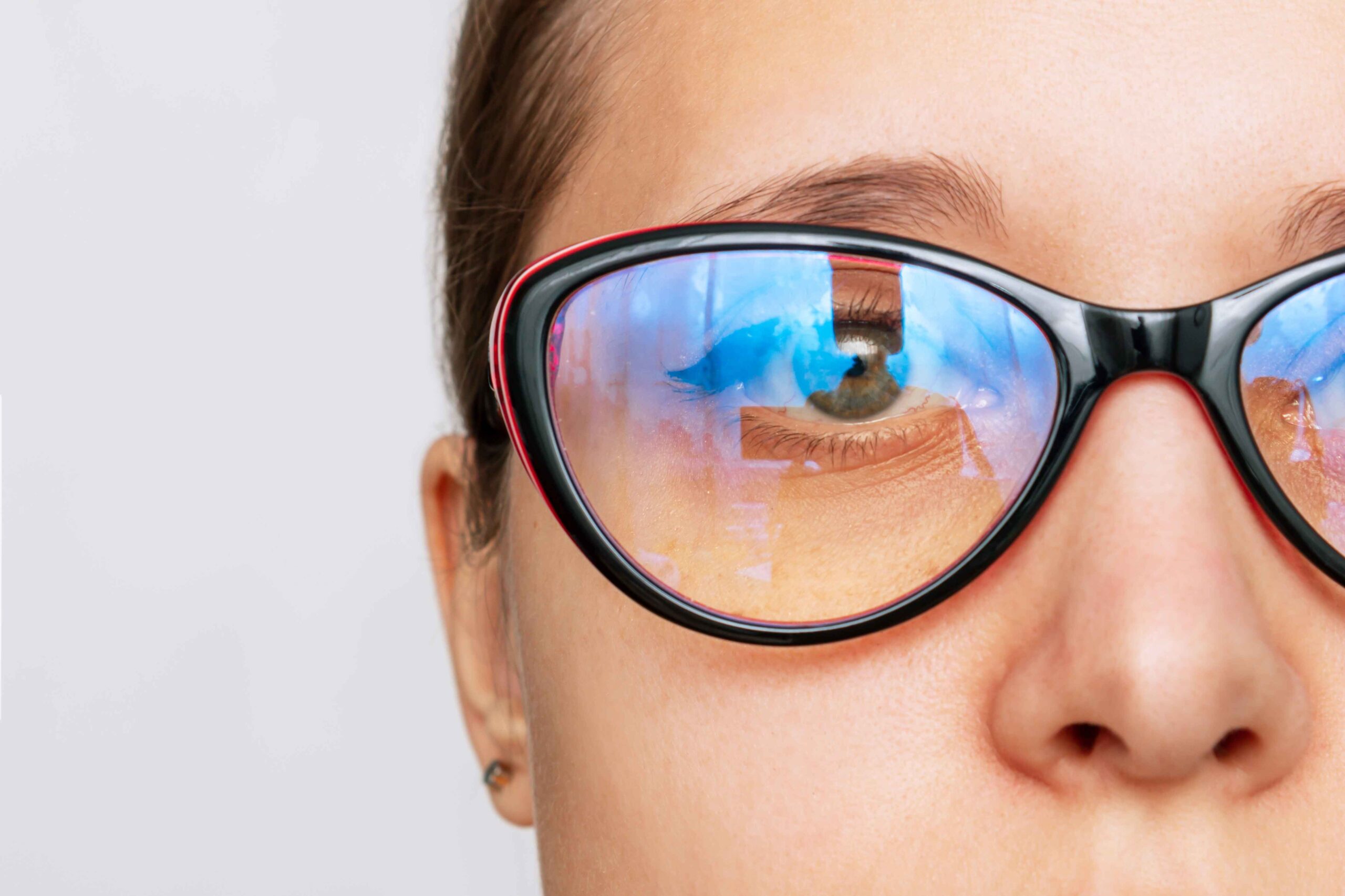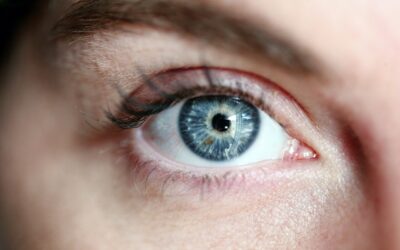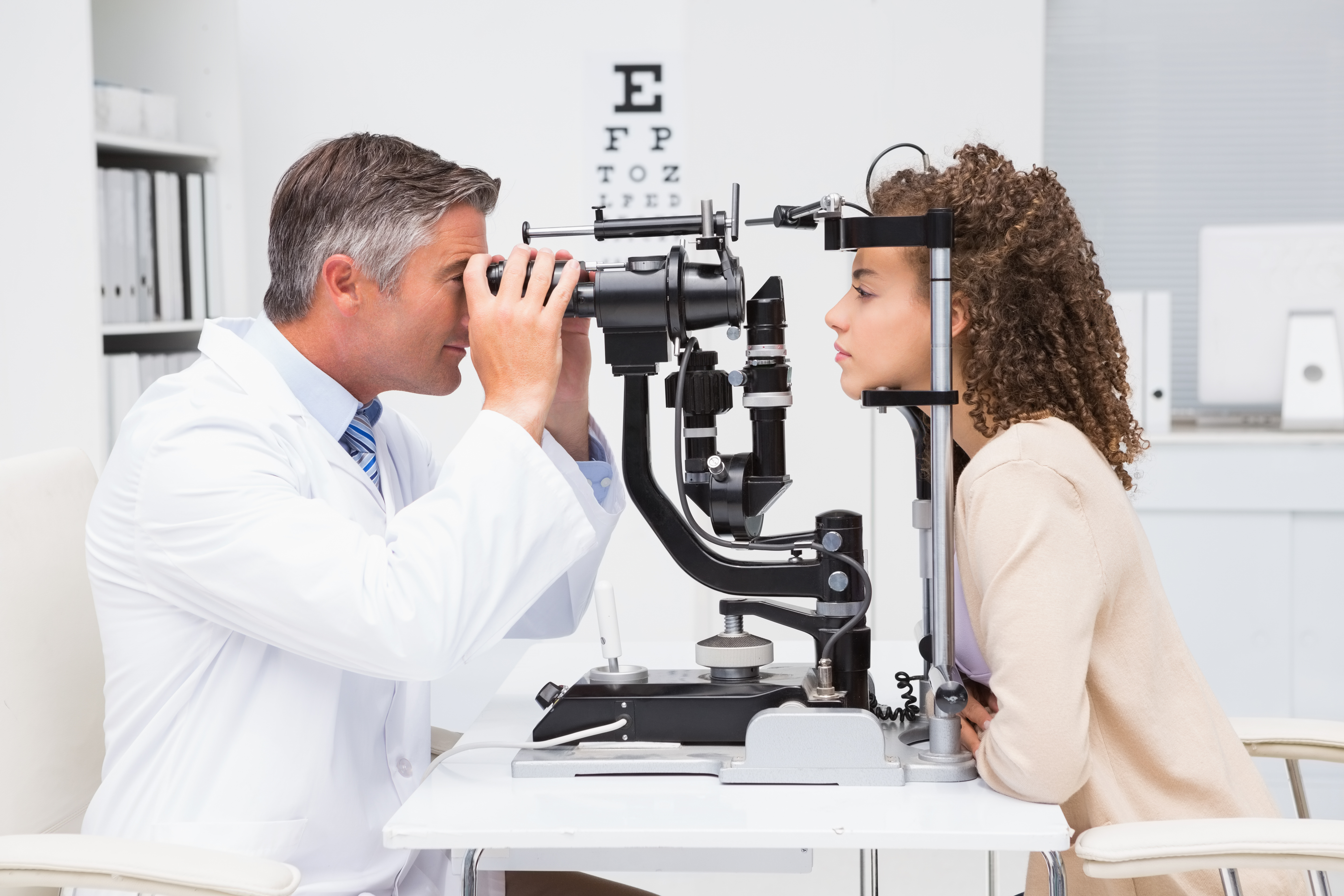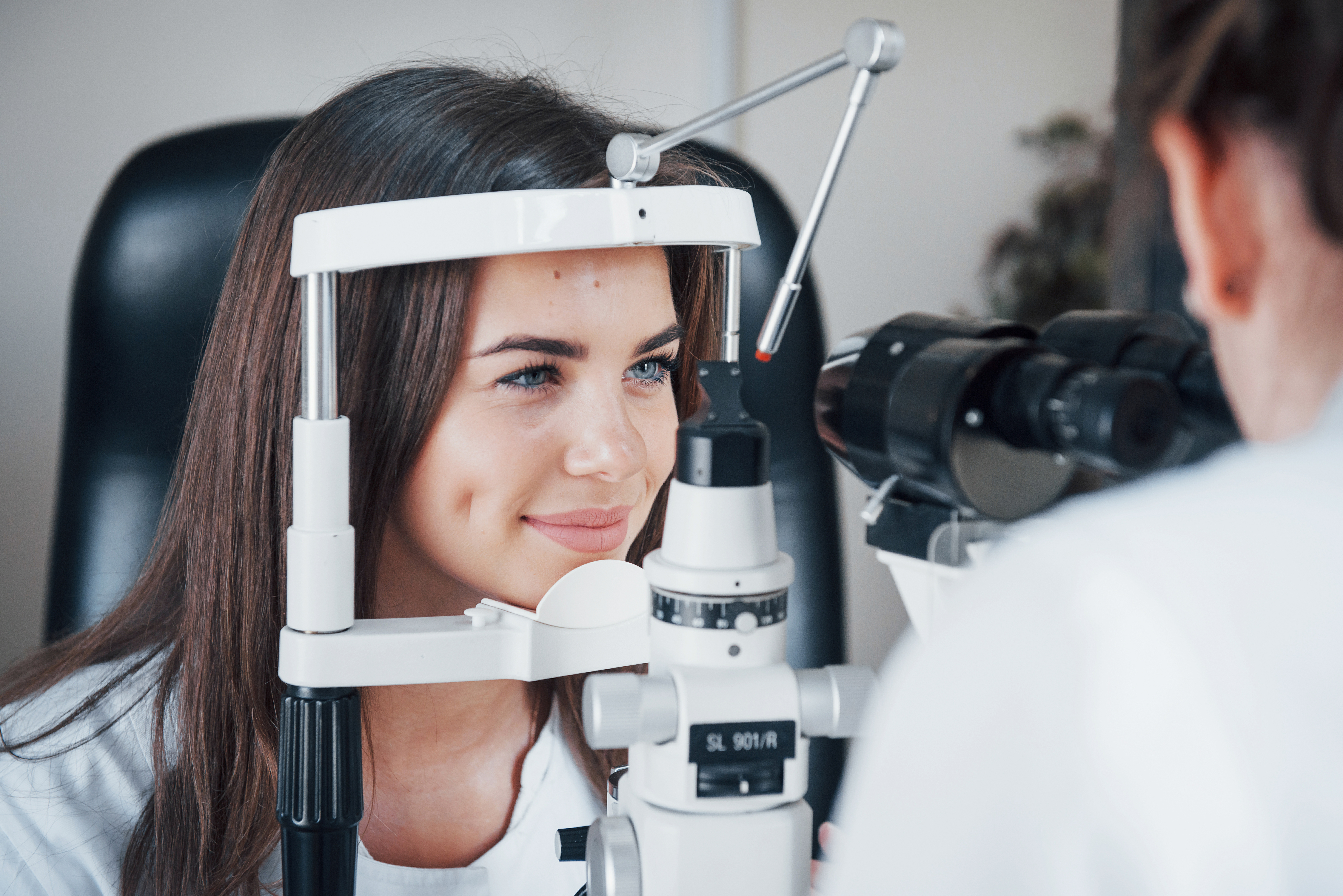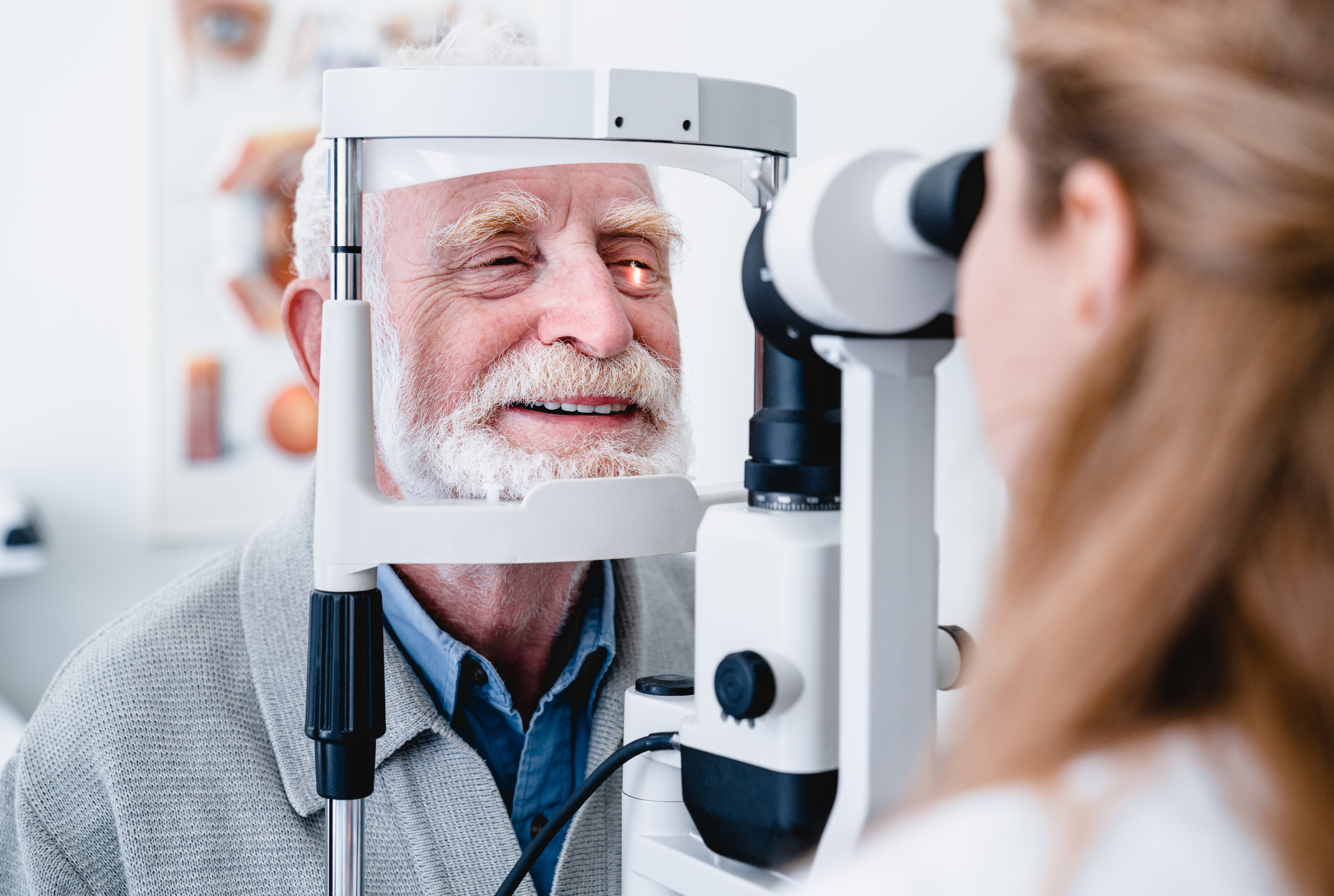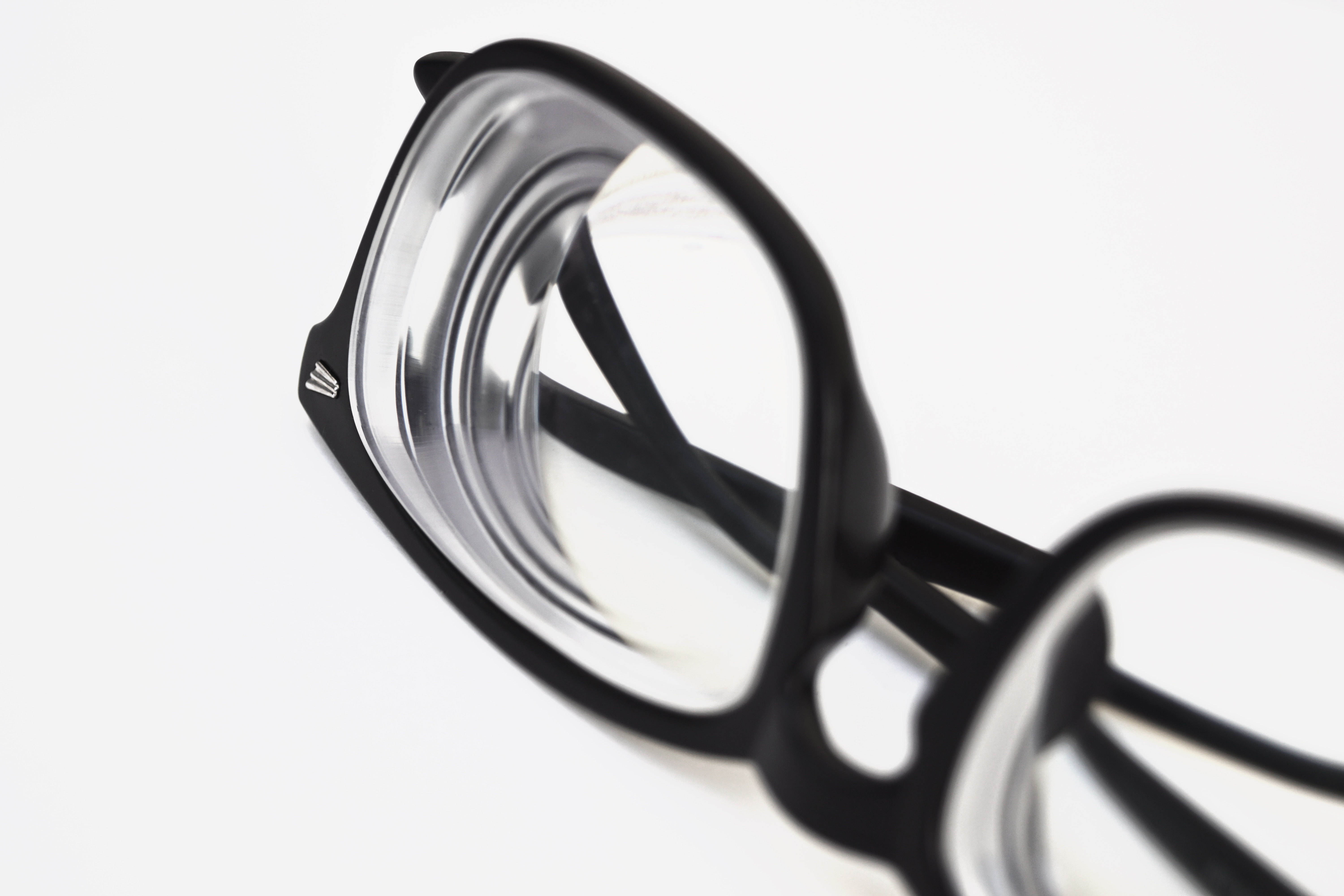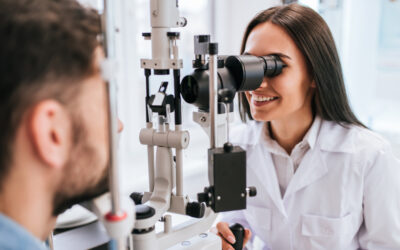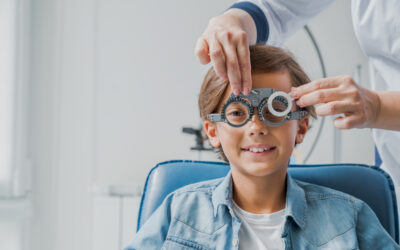Table of Contents
No summer is complete without lounging by the pool or splashing around with family and friends. Nevertheless, swimming pools can expose you to illnesses and eye health problems that you need to be aware of. Indeed, swimming in unsanitized water, even briefly, exposes you to issues like irritation and infection. To help you reduce risks and protect your family’s eyes, educate yourself on the relationship between eye health and swimming pools. And don’t hesitate to consult an eye doctor in OKC or elsewhere if you’re experiencing any swimming-related eye health issues.
Give me the facts
You may have heard terms like chlorine and pH thrown around in pool-talk, and you also may know that it is crucial to keep both at the right levels in order to kill germs. However, properly balancing them is also important for eye health.
Is chlorine safe?
Chlorine is a disinfectant that kills bacteria (like salmonella) and algae. It works by reacting with water to form an acid. Thus, the right levels of chlorine in swimming pools will reduce your risk of developing an infection. However, too much chlorine can damage the tear film on the cornea, especially in children since they have more sensitive eyes.
Chloramine is a compound that forms from chlorine. It appears when chlorine binds to human waste (sweat, bodily fluids, etc.). Swimming pools with poor ventilation and water spraying features often release chloramine into the air. In other words, if a pool is poorly maintained, waste will build up and chloramine levels will rise, typically causing a strong chemical smell. The high levels of chloramine in poorly maintained swimming pools can cause dry eyes and irritation.
What is an ideal pH level?
pH levels measure how basic or acid a liquid is. In pools and hot tubs, the right pH level can help prevent illnesses and keep summers comfortable. The pH should be between 7.2 and 7.8 in swimming pools and hot tubs. Similarly, chlorine should be at 1 ppm (part per million) in swimming pools and at 3 ppm in hot tubs and spas.
Important note: If you have a hot tub, avoid the chlorine stabilizer known as cyanuric acid. This acid binds to chlorine particles, so there is less chlorine freely available to kill bacteria. Ultimately, cyanuric acid delays the kill time of chlorine, leaving more germs in the water for longer.
What’s the most common eye health problem you should look out for in pools?
In chlorinated water, dry eyes is the most common eye problem. Chlorine saps the tear coating from your eye, causing damage like:
- Stinging, burning and scratching.
- Stringy mucus in or around your eyes.
- Blurry vision and tired eyes.
- Light sensitivity.
- More.
If these symptoms persist, visit your eye doctor in OKC or locally to get a prescription or other treatment. You may also find that home remedies, like putting a warm washcloth over your eyes, can relieve some irritation and inflammation.
Four helpful tips to preserve eye health when swimming
To avoid the pain and irritation of dry eyes and other swimming-related problems, take note of these tips:
- Check chlorine and pH levels of swimming pools and hot tubs for protection against irritated or red eyes. Remember to always maintain an ideal pH and avoid pools with high levels of chloramine. Check the levels a few times a week in warmer months and twice a month in colder weather.
- Wear protective goggles, use eye drops and stay hydrated to help prevent dry eyes.
- Remove contact lenses since they can trap water and cause bacteria to grow.
- Rinse your eyes and face to get rid of chemical residue on your skin and eyelids.
See an eye doctor in OKC or elsewhere for your regular exam
Summertime at the pool can be fun, safe and healthy with these considerations in mind. But don’t forget that in addition to these helpful tips, seeing your eye doctor in OKC or locally for a regular check-up is the best way to support eye health. And Vision Care Direct is ready to help you afford it.
We are a doctor-owned vision plan that puts optometrists back in control while enabling affordable patient care through negotiated savings for services and materials. To learn more about how Vision Care Direct can help you and your family prioritize eye health while having fun in the summer swimming season, reach out today.
